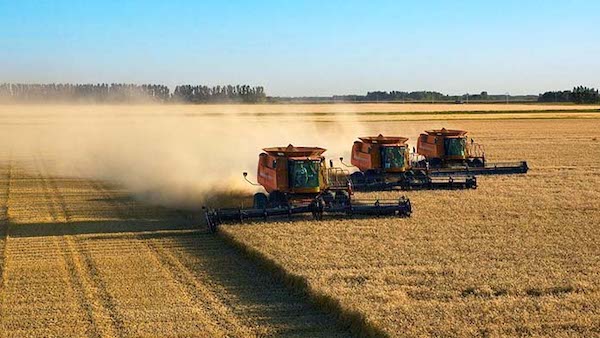From the technology-powered planet, the agricultural sector is having a change to fulfill the developing calls for of increasing global populace. Modernizing farming operations is now important to boost productivity, increase productivity, and make certain sustainable methods. O LIMS are innovative software solutions made to streamline data management, boost accuracy, and enhance decision-making procedures in agricultural laboratories. This post explores the effect of LIMS in modernizing farming operations along with its probable benefits for farmers and also the agricultural industry as a whole.
Improved Data Management and Analysis
Conventional farming procedures often require guide report-maintaining, which can cause problems, data damage, and inefficiencies. With LIMS, farmers and agricultural experts may now organize and centralize their data, including soil samples, crop health metrics, pest and condition data, and climate information. This central strategy enables easy access to crucial information, decreasing the chances of data duplication and discrepancies. Additionally, LIMS offer powerful data analysis resources that enable farmers to reveal useful insights in the accumulated data. By figuring out styles and trends, farmers can make informed choices about planting cycles, irrigation plans, and crop assortment, in the end resulting in improved results in and resource optimizing.

Precision Agriculture and Source Management
One of the substantial benefits of applying LIMS is its ability to assist in precision agriculture procedures. Precision agriculture entails the use of data-driven technologies to improve farming operations with a spatial and temporal scale. This degree of precision makes it possible for farmers to customize their agricultural procedures, for example the precise application of fertilizers, inorganic pesticides, and drinking water, to fulfill the distinctive requirements of each part of the discipline. As a result, the application of resources is enhanced, reducing waste and decreasing environmental affect. Precision agriculture not simply increases productivity but additionally leads to sustainable farming practices.
Real-time Monitoring and Warnings
In classic farming, determining probable concerns like pest infestations, disease outbreaks, or nutrient insufficiencies usually arrives past too far, leading to considerable crop deficits. LIMS designed with IoT World wide web of Points devices can provide real-time monitoring of varied environmental guidelines, enabling farmers to recognize troubles at the beginning. The system can make notifications or notices when particular situations deviate in the wanted variety. As an illustration, in case the soil moisture stage droplets listed below a definite limit, the farmer can get an alert and consider fast measures to avoid normal water anxiety within the crops. Prompt responses to this kind of alerts can prevent considerable damage and result in much better crop produces and go here.
Traceability and Quality Assurance
People are more and more concerned about the foundation and safety of the food. By recording each step of the farming and production procedure, from seed selection to harvesting and submit-harvest managing, LIMS aids establish an extensive data bank that may be used by all stakeholders, including farmers, vendors, representatives, and customers. This openness fosters buyer assurance within the food they purchase, as they are able trace the product’s experience straight back to its provider. In addition, LIMS will help path prospective contaminants or risks, allowing easier recalls and decreasing the risk of foodborne health problems.
